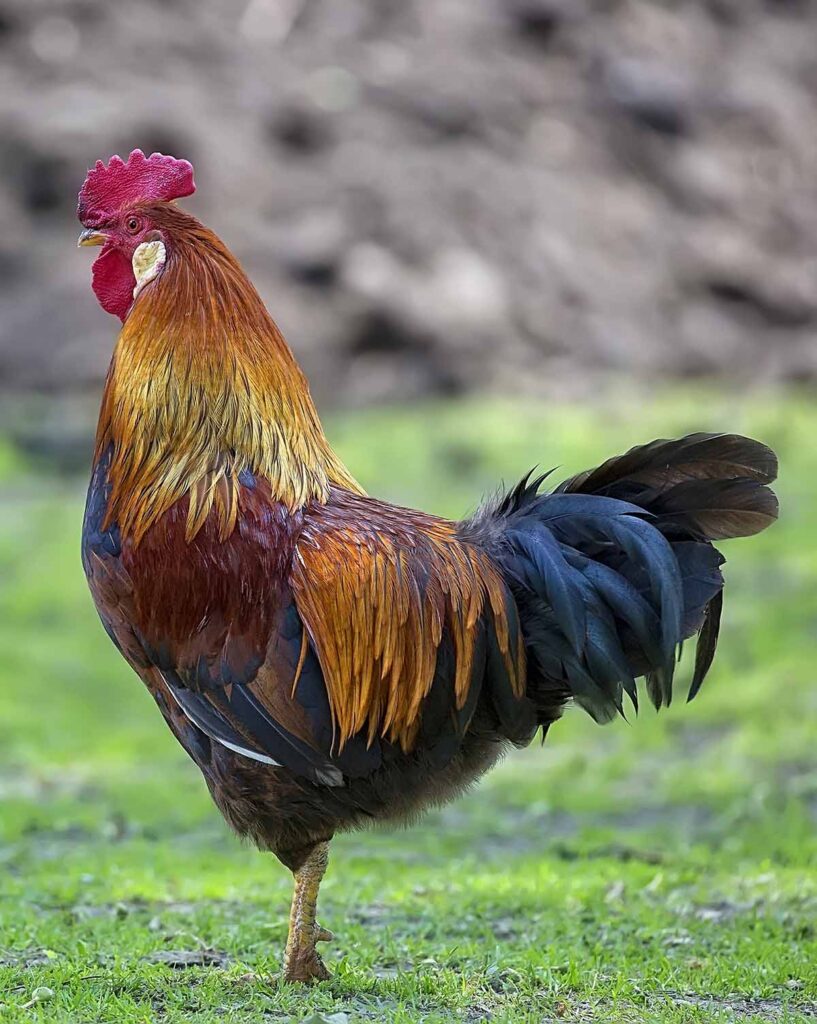
A final “pre-commercial” pilot plant has been completed to inform the detailed design required for building the first commercial facility. The project is now in its final engineering phase, with the goal of achieving completion and starting production at the first commercial plant by early 2026.

✅ No Emission of Greenhouse Gases
✅ Product is Dry without using Fossil Fuels
✅ No Waste Streams from the Process
✅ Low Operational Costs
✅ Destroys Residues in Starting Litter
✅ Process Can be Implemented Worldwide
✅ No Loss of Plant Nutrients in the Process
✅ Phosphorus Concentration is Lowered to Protect Waterways
✅ Nutrient Content is Enhanced Cost-Effectively
✅ Nutrient Levels Easily Adjustable
❌ High Energy Input
❌ Uses Fossil Fuels for Drying
❌ Emits Greenhouse Gases
❌ Loss of Nutrients in the Process to Nitrogen Volatilization
❌ Does not Destroy Drug Residues
❌ Additional nutrients not in water soluble form
❌ Product Has Low Nitrogen to Phosphorus ratio
❌ Not Flexible in Product Nutrient Levels without Adding Other Products

Safe. Sustainable. Sparkling Clean.